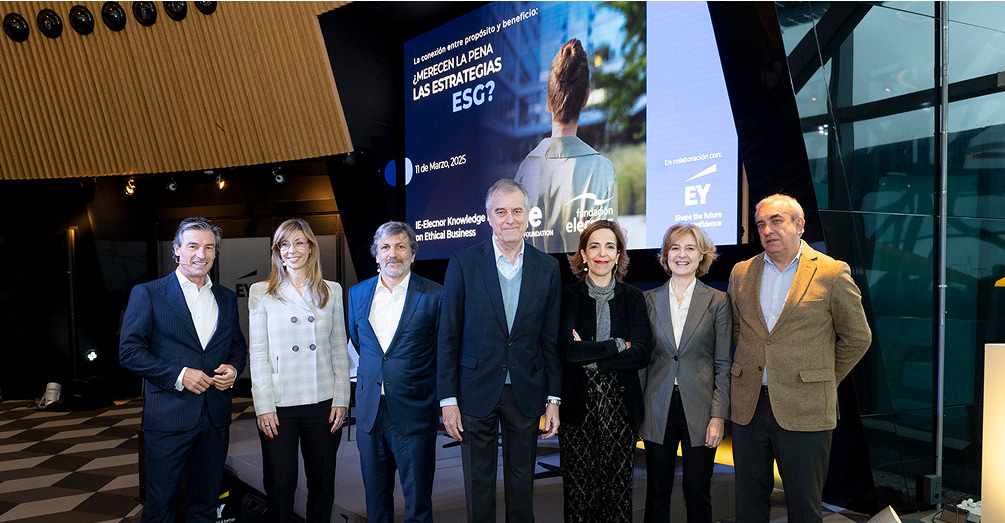Are ESG Strategies Worth It? New Report Shows How Purpose Translates into Performance

Madrid, March 11, 2025 – Today, IE University presented the report The Connection Between Purpose and Profit: Are ESG Strategies Worth It?, a research project led by Professor Martina Pasquini and promoted by the IE-Elecnor Knowledge Hub on Ethical Business, in collaboration with EY Spain and Fundación Elecnor. The study explores the link between the strategic design of Environmental, Social, and Governance (ESG) policies and their impact on companies’ financial performance and reputation.
The report concludes that the way ESG strategies are structured and implemented is key to their ability to generate value. One of the main findings highlights that diversified philanthropic donations aligned with multiple Sustainable Development Goals (SDGs) are more effective in strengthening corporate reputation and financial performance than those focused on a single area. The research challenges the simplified view that any ESG initiative automatically adds value, emphasizing the importance of aligning purpose with strategy.
“The key lies in how these strategies are designed and articulated,” explains Martina Pasquini, Professor of Strategy at IE University. “Diversifying efforts across multiple SDGs amplifies impact, while focusing on specific social objectives helps build a strong and authentic identity. Real value comes from balancing impact, synergies, and opportunity costs.”
The study also shows that ESG initiatives focused on corporate governance significantly contribute to revenue growth, enhance intangible value, and improve brand perception. Similarly, sustainable innovation and the development of socially oriented products foster stronger connections with consumers, particularly when companies clearly commit to a limited number of SDGs.
During the presentation, business and academic leaders shared insights on the current role of ESG strategies. Rafael Martín de Bustamante, CEO of Elecnor, stressed the need to recover core values such as governance, effort, and meritocracy in the business world: “In the 21st century, private enterprise is the greatest generator of wealth. And in developed societies, that wealth comes with effective mechanisms for redistribution and societal improvement.”
Federico Linares, President of EY Spain, addressed public perceptions of the private sector: “We need to work on changing the narrative. Companies that place social value creation on the same strategic level as financial performance are poised to lead a new model of economic and social progress.”
From IE University, Enrique Aznar, Director of the IE-Elecnor Knowledge Hub on Ethical Business, emphasized that ESG strategies must be deeply embedded in corporate culture: “They cannot be limited to statements of intent. They must become part of an organization’s DNA, align with its core strategy, and act as a true driver of resilience, competitiveness, and long-term sustainability.”
The event also served as a platform to discuss the role of ethics in 21st-century business, the need to rebuild trust in the private sector through transparency, and the current state of ESG regulation.
Read the full report here.




